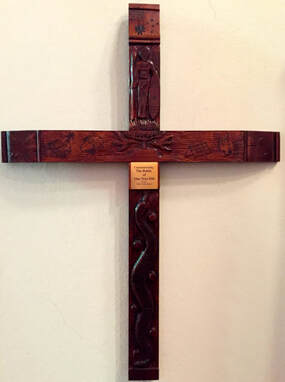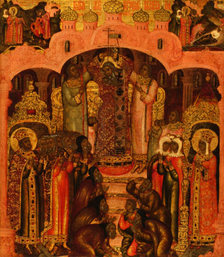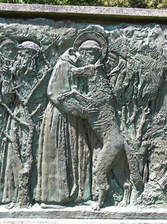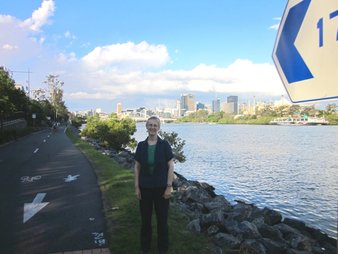
Oh, oh, oh! Let's go fly a kite
Up to the highest height!
Let's go fly a kite and send it soaring
Up through the atmosphere
Up where the air is clear
… Oh, oh, oh! Let's go fly a kite
For, like the mustard seed in our Gospel reading this morning, humble and fragile though it may be, the kite is a wonderful metaphor for a key to life and transformation…







 RSS Feed
RSS Feed